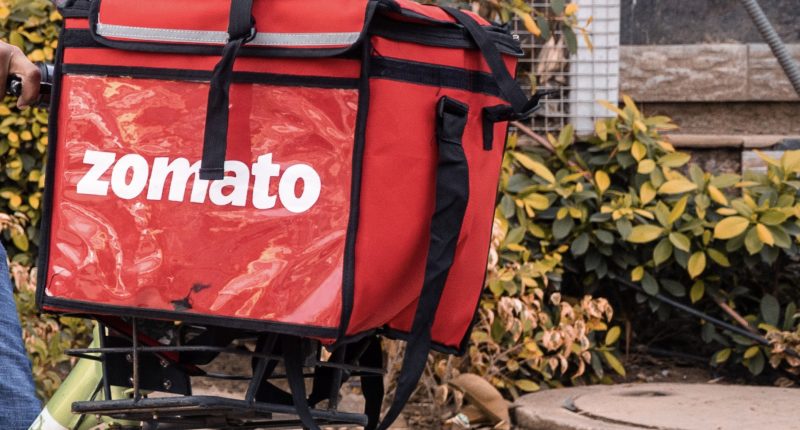In what has been in whispers for some time now, Zomato CEO and founder Deepinder Goyal announced today, the launch of ‘Zomato Instant’. This is the name for its new 10 minute quick food delivery service, and the company wants a lead on this because it was “eager to be the first to create this category, globally”. It also wanted to do the same in drone-based food delivery some time back, but that is a discussion for another time.
Zomato Instant, simply put, is a new service that would deliver food to consumers within 10 minutes. Goyal highlights that the company will not be putting any pressure on its delivery team for the service. Nor will the company penalise delivery partners for late deliveries. “The delivery partners are not informed of the promised time of delivery. Time optimisation does not happen on the road, and does not put any lives at risk”, Goyal adds.
So why this service? Is there really such an urging need among consumers to get food delivered in under 10 minutes? Big shots of India’s grocery delivery segment have burnt hands in trying to do the same for their sector, lost millions and failed miserably. It is pretty much a fact that 10 minute grocery does not make sense. But such is the irony, that Goyal’s Zomato actually drew inspiration from ‘BlinkIt’, the erstwhile Grofers which rebranded to BlinkIt, became a 10-minute grocery delivery company and continued to mount losses. Its service in several areas is not even accessible anymore. And Zomato invested in the company.
“After becoming a frequent customer of Blinkit (one of Zomato’s investments in the quick commerce space), I started feeling that the 30-minute average delivery time by Zomato is too slow, and will soon have to become obsolete. If we don’t make it obsolete, someone else will”, Goyal said in a blog post.
This template for so-called ‘innovation’ seems familiar from Zomato. Some years back, it made a similar acquisition of little known ‘TechEagle’, to supercharge its drone food delivery efforts. In 2020, it parted ways with the company as those ambitious but certainly needless plans were shelved. Now, it has invested in ‘BlinkIt’ and wants to use tech from the investee company for faster food delivery.
The quick commerce model, and more importantly the need for it, is highly questionable. And while it absolutely does make sense in critical sectors such as health, experts feel it makes no business sense in sectors such as food and grocery. For Zomato, this is a massive bet, for now it is publicly listed and is answerable to its shareholders for the losses it is bearing. It can’t bear those for long, and will have to generate profits sooner if it has to survive.
